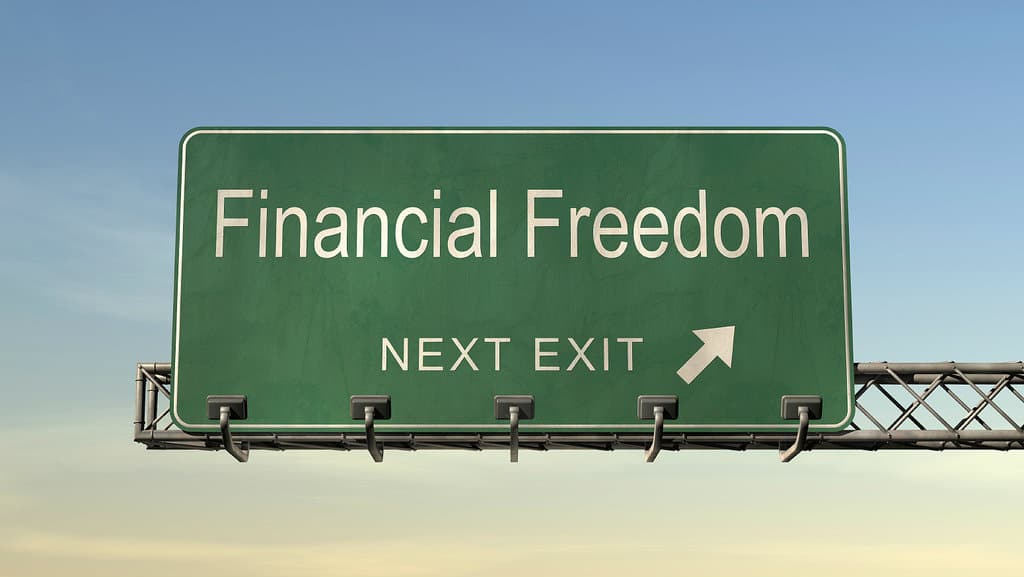Money isn’t everything, but you can’t do anything without money. That’s why you should stick with these financial rules no matter what to ensure you’ll always have money to cover what you need and want.
A survey by the Canadian Payroll Association indicated that nearly 50% of Canadian workers are living paycheque to paycheque. If you don’t want to be one of these people, here’s what you can do.
Spend less than you earn
To make sure you always have money, spend less than you earn every month. Set a budget for your needs and wants. And if you can’t get everything you want when you want it, prioritize the list.
For example, you might have to choose between getting the latest smartphone and going on a weekend vacation. If you don’t have the extra money to pay for both right now, you’ll have to delay the purchase of one.

Never borrow to pay for something other than your home, unless you can pay the amount off quickly. If you must pay for things with credit cards, make sure you have enough money to pay back the full balance at the end of the period, so you won’t pay any interest. Otherwise, it’ll be detrimental to your goal of spending less — in fact, you’d be spending more for less.
Try to save at least 10% of your paycheque each month. But starting somewhere and getting into the habit of saving is key. If you can’t seem to save, you’ll have to cut down on your spending or earn more by, for example, getting a part-time job.
Invest for your future
Once you start saving, don’t stop there. Invest the money to generate good returns. Consider buying value stocks with big dividends. Not only will you increase your annual income from dividends, but if you buy the right ones, they’ll also appreciate in value over time.
Altagas Ltd. (TSX:ALA) and Brookfield Property Partners LP (TSX:BPY.UN)(NYSE:BPY) are good values right now. Altagas is a diversified energy infrastructure business with gas, power, and regulated utility assets. Brookfield Property invests in quality properties globally. Currently, they offer safe yields of ~7.5% and ~5.4%, respectively, and you’ll be glad to hear that they should continue to grow their dividends over time.
Have an emergency fund
Make sure to build an emergency fund before you start investing extra money. You don’t want to have to sell your investments when your roof or your car needs to be fixed. Typically, the emergency fund should cover at least three to six months of your living expenses.
Investor takeaway
Spend less than you earn, invest for your future, and have an emergency fund ready.








